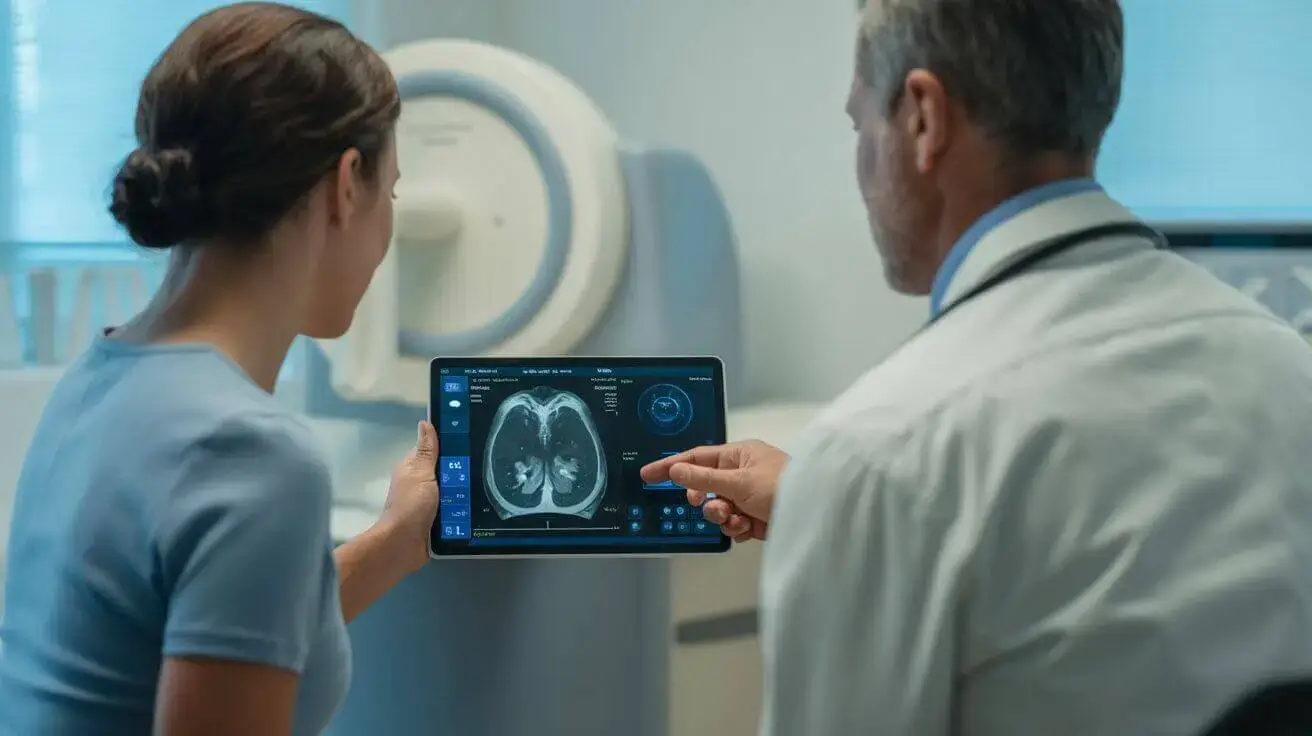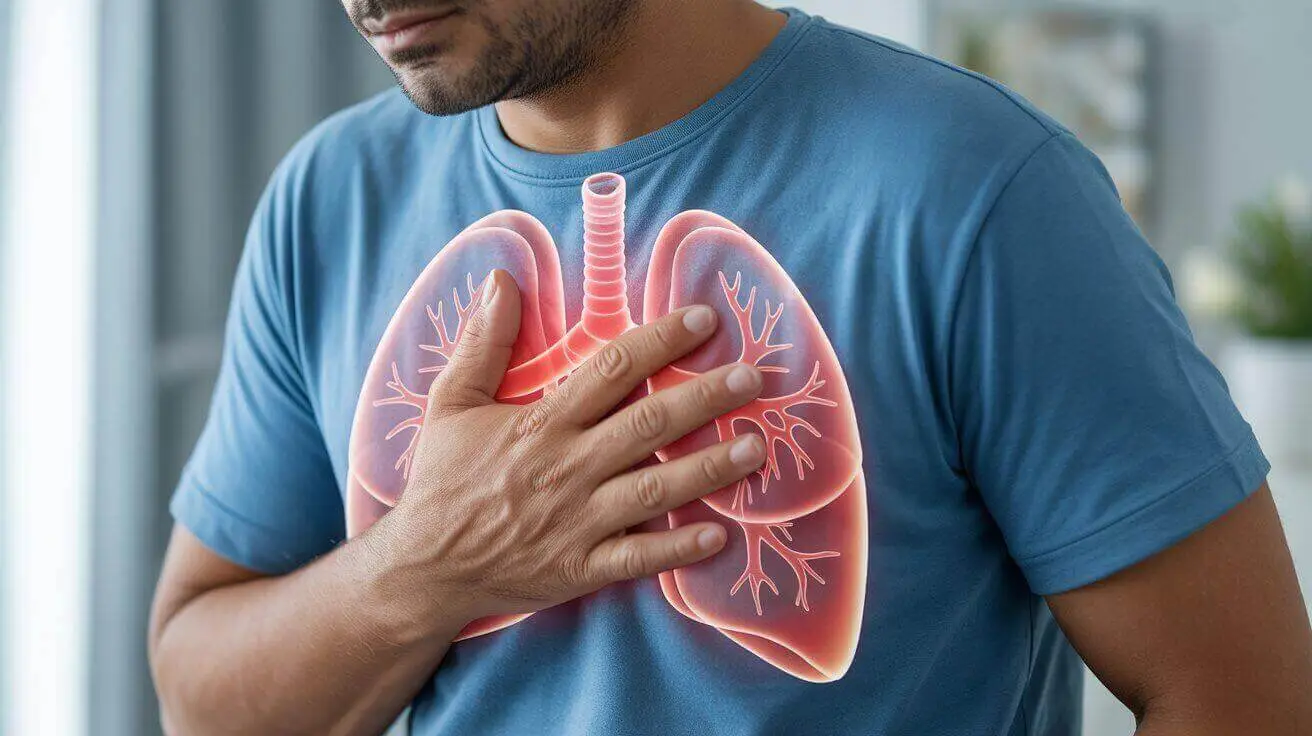Have you ever paused to truly notice the body signals you experience each day? These subtle cues—whether fatigue, tension, or mood swings—can reveal a lot about your overall health. Learning to interpret body signals gives you insight into what your body needs—without jumping to scary conclusions. Let’s explore seven common health signals and how to respond to them with calm awareness.
Why You Should Pay Attention to Body Signals
Paying attention to body’s signals isn’t about being alarmed—it’s about gentle self-care. Everyday shifts, like varying energy levels or mild discomfort, often offer helpful information. By tuning in, you can detect patterns before they escalate. And this isn’t fluff: interoception—the brain’s awareness of internal states—is linked with better emotional regulation and balanced stress responses.
Listen to Your Body: Recognizing Patterns Over Time
A single headache or fluttery heart doesn’t automatically signal danger. But when symptoms recur, it pays to pause. Learning to listen to your body means tracking how often things pop up and under what conditions—like noting that low energy hits every Tuesday afternoon after poor sleep. Context matters far more than one-off events.
Subtle Health Symptoms That Often Go Unnoticed

Some subtle health symptoms—like mild fatigue, occasional stomach discomfort, or irregular sleep—don’t always warrant alarm, but may point to lifestyle stress or nutrient gaps. For instance, consistent tiredness over weeks may relate to low iron or vitamin D. A reliable guide? Track your feelings in a simple journal (time of day, what you ate, sleep quality), and look for recurring patterns.
Body Warning Signs vs. Natural Fluctuations
It can be tricky to distinguish a body warning sign from normal variation. Slight muscle soreness after exercise? Probably nothing. But ongoing stiffness or pain interfering with daily life? That could mean you need a check-in. According to the NHS, persistent subtle issues—like brain fog or brittle nails—can signal nutrient deficiencies or thyroid conditions. The key is consistency and change in function, not fear.
How to React to Your Body’s Signals Without Stress

- Start journaling. Just jot date, time, symptom, and context—no judgment.
- Tune into breathing. A few minutes of conscious breathing resets body-mind communication.
- Avoid scanning for ailments. Mindfulness isn’t self-diagnosis. Stay curious, not alarmed.
- Check-in with a pro if signals persist beyond two weeks, or interfere with daily life—no need to panic, just check in calmly.
Early Signs of Illness You Can Spot Without Worry
Certain early signs of illness—like persistent bloating, increased sensitivity to cold, or subtle changes in skin texture—can quietly reflect shifts in your internal health. For example, feeling unusually cold might point to early thyroid imbalance, while ongoing bloating could signal food intolerance or low-grade gut inflammation. A large-scale microbiome study found that digestive symptoms like bloating and abdominal discomfort were strongly linked to early inflammatory changes and imbalances in gut bacteria, even before any diagnosed disease was present (Hassouneh et al., 2021). The goal is gentle awareness—not alarm.
Final Thoughts: Your Body Talks—Stay Curious, Not Fearful
Celebrating your body’s signals is a form of kindness. You’re not on high alert—you’re on a listening journey. Awareness brings empowerment and the ability to take small actions: go to bed earlier, choose whole foods, or check in with a healthcare provider. This balanced approach fosters well‑being, not anxiety.
Final Thoughts: Your Body Talks—Stay Curious, Not Fearful

Celebrating your body’s signals is a form of kindness. You’re not on high alert—you’re on a listening journey. Awareness brings empowerment and the ability to take small actions: go to bed earlier, choose whole foods, or check in with a healthcare provider. This balanced approach fosters well‑being, not anxiety.
Also, explore our post on [Anti-Aging Supplements: NMN, Resveratrol & Fisetin Explained] to learn how supplements may tie into overall wellness.
Medical Disclaimer: This content is for educational purposes only and does not replace professional medical advice, diagnosis, or treatment. Always consult your physician or a qualified healthcare provider with any questions about a medical condition.










